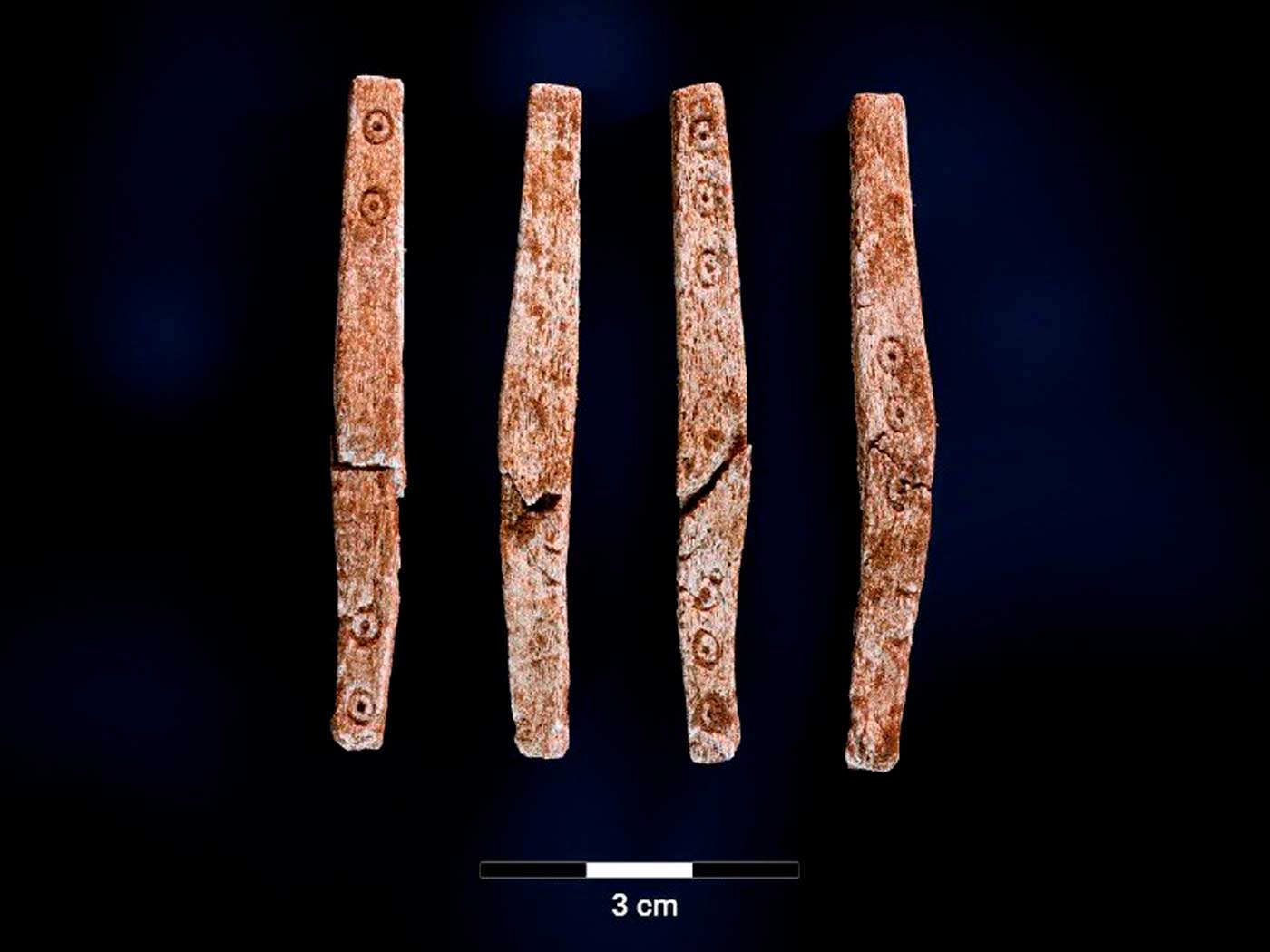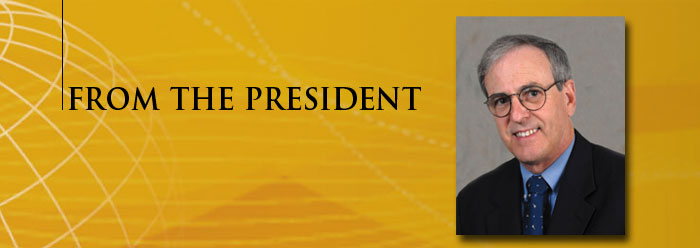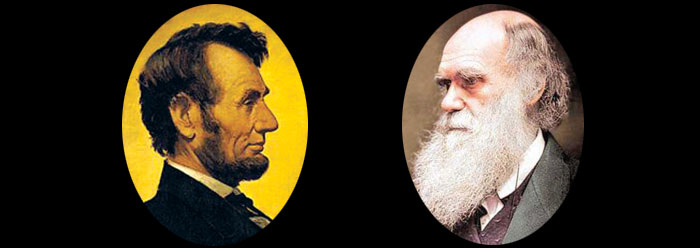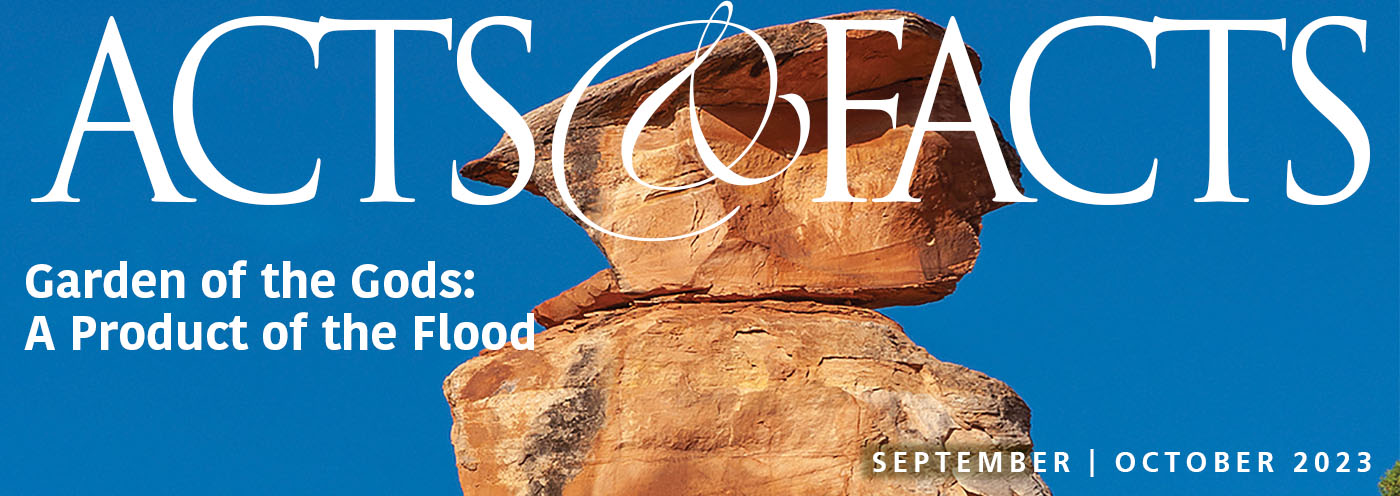
Humanities
The humanities and fine arts are the spiritual and emotional extension of the knowledge and technological state of society. While the disciplines of science and technology are fairly grounded in factual and quantitative data, the farther one gets from that which is “true” to that which is “applied,” the more likely the sin nature will distort or contaminate the discipline.
That contamination affects the humanities and fine arts in even greater measure. These professions cannot even use the empirical data developed by secular persons, as can be done with the social sciences, because there are practically no empirical data involved in the humanities and fine arts.
In this realm, practically everything is based on either human reasoning or emotions, with the exception of the actual mechanical techniques of writing, composing, painting, or performing. But reasoning and emotions come from the mind and heart which, in the secular person, are without the benefit of the godly mind (2 Corinthians 2:14).
As the world has advanced, the growing secularization of society has increased. This is relatively easy to observe in the great art museums of our large cities. As one moves from the older galleries to the modern galleries, the movement of art from realism to abstract and from godly to ungodly is easy to see. One does not have to be an art critic to observe the trends.
Perhaps it would be helpful for the Christian person to remember: “Whether therefore ye eat, or drink, or whatsoever ye do, do all to the glory of God” (1 Corinthians 10:31).
















